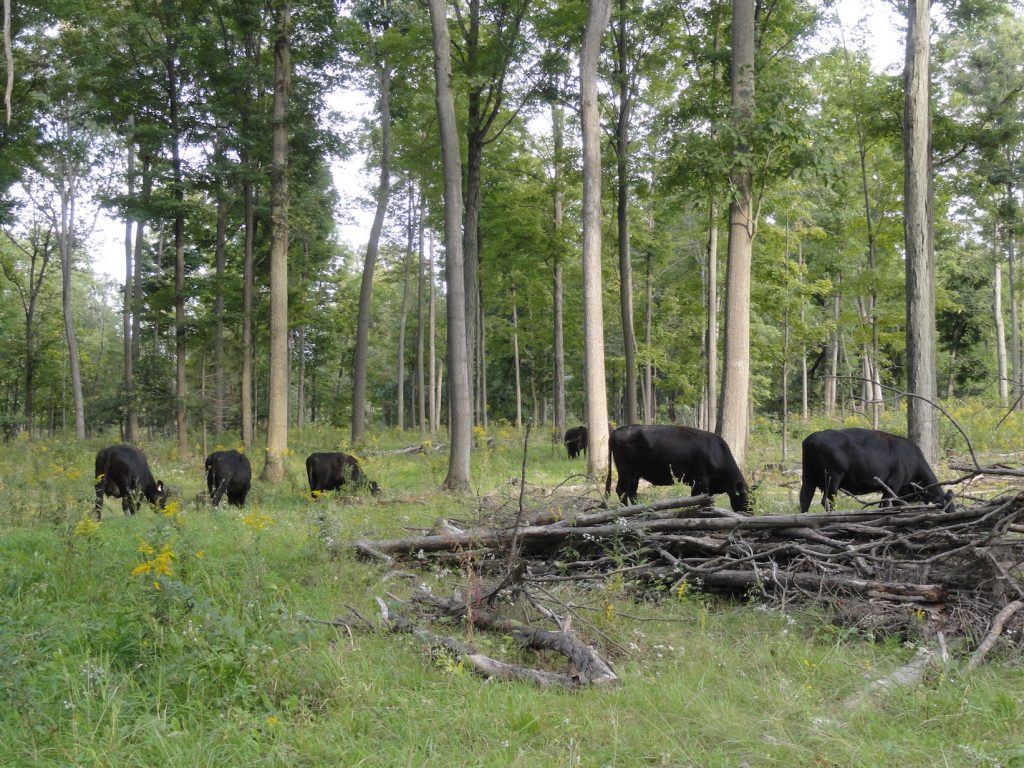“Turning the least productive fifth of our farmland towards nature recovery would lead to a less than 3 per cent reduction in food production.”
.
The government’s new ‘Landscape Recovery’ scheme is open for applications – as reported by the South West Farmer:
Farmers can now apply for funding to support projects that will support nature, reduce flood risks and boost biodiversity… The projects will focus on recovering and restoring England’s threatened native species, to be administered by Natural England, and restoring England’s streams and rivers by improving water quality, biodiversity and adapting to climate change, administered by the Environment Agency.
Landscape Recovery scheme open for applications | South West Farmer
The rural group the GWCT sees this as promoting ‘rewilding’:
The announcement of the Landscape Recovery element of the Environmental Land Management Scheme was greeted with enthusiasm by those who advocate rewilding approaches. Although the scheme wording does not refer to rewilding, the focus on radical and large-scale approaches to threatened native species recovery and priority habitat condition seemed to support such an approach. Indeed, this was inferred further by the Secretary of State’s reference to Knepp and the “nature-led recovery of habitats” in his Oxford Farming Conference speech.
Landscape recovery – a different approach? – Game and Wildlife Conservation Trust
Environmentalist Ben Goldsmith writes in a similar enthusiastic vein in the Spectator:

The third tier, Landscape Recovery, provides funding for large-scale nature restoration projects by individual or clusters of farmers on agriculturally marginal farmland. This notion of rewilding landscapes, while controversial, has certainly captured the imagination of the public, four out five of whom are enthused by the prospect, according to a recent poll.
We are told that prioritising nature in our remoter landscapes will hit food production and rural employment. These arguments are simply wrong. Turning the least productive fifth of our farmland towards nature recovery would lead to a less than 3 per cent reduction in food production (National Food Strategy 2021). Intensive sheep farming in our overgrazed uplands has such a low yield as to be net-negative in terms of food production, taking into account winter feed and the damage done to the hydrological system which affects more productive farms downstream.
Moreover, farming does not cease in wilder landscapes. Wilder farming, the extensive grazing of native cattle through semi-open woodland mosaics, may therefore be a more apt term in a British context than rewilding. In fact, rural employment is seen to increase by 50 per cent on average in such places (Rewilding Britain 2021)...